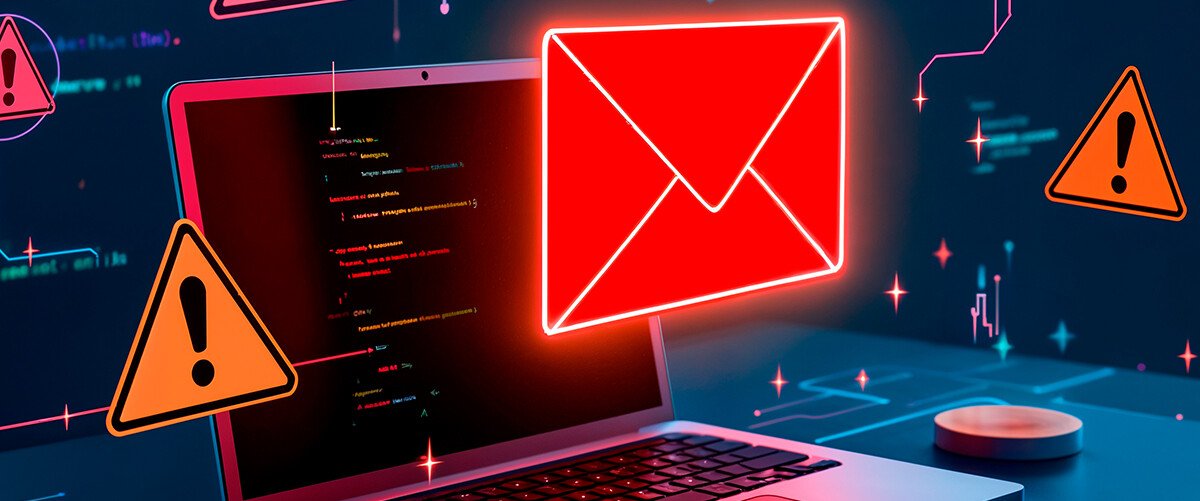
In a landmark move that strengthens global digital defense, federal authorities have successfully dismantled a notorious virus scanner tool that had been covertly exploited by cybercriminals. This decisive action marks a significant victory in the ongoing battle against malicious software and unauthorized digital intrusion.
What Was the Hacker-Used Virus Scanner Tool?
The tool in question operated as a seemingly legitimate virus scanning platform, but beneath its surface, it served a darker purpose. Hackers used it to:
-
Test and refine malware before deploying it in real-world attacks.
-
Evade detection by traditional antivirus programs.
-
Simulate security environments to identify vulnerabilities in target systems.
Unlike public virus scanners that contribute to threat detection, this platform was intentionally kept private and unindexed, allowing cybercriminals to fine-tune their malware without alerting cybersecurity vendors.
How Federal Authorities Executed the Takedown
The operation was the result of a coordinated effort between multiple federal agencies and international partners. Key steps included:
-
Digital surveillance and forensic analysis to trace the tool’s infrastructure.
-
Legal warrants and domain seizures to shut down hosting servers.
-
Collaboration with cybersecurity experts to assess the tool’s impact and prevent future misuse.
This takedown not only removed a critical resource from hacker arsenals but also sent a strong message about the consequences of facilitating digital crime.
Implications for Cybersecurity and Digital Threat Prevention
The shutdown of this hacker malware scanner has far-reaching implications for both cybersecurity professionals and everyday users:
Enhanced Malware Detection Capabilities
With one less tool available for malware refinement, antivirus and endpoint protection systems gain a stronger edge. Threats that previously slipped through undetected are now more likely to be flagged and neutralized.
Disruption of Hacker Workflows
Cybercriminals often rely on such scanners to perfect their attacks. Removing this resource forces them to take greater risks, increasing the chances of early detection and prevention.
Strengthened Public-Private Collaboration
This bust highlights the growing synergy between government agencies and private cybersecurity firms. Together, they are building a more resilient digital ecosystem that prioritizes safety and transparency.
What This Means for Businesses and Individuals
For organizations and individuals alike, this development offers renewed confidence in digital safety. Key takeaways include:
-
Improved protection against emerging threats due to reduced hacker testing capabilities.
-
Greater accountability in digital infrastructure, as authorities continue to monitor and dismantle malicious platforms.
-
Encouragement to maintain proactive security practices, such as regular software updates and secure authentication methods.
Looking Ahead: A Safer Digital Future
The dismantling of this malware testing tool is more than a tactical win—it’s a strategic leap toward a safer internet. As federal agencies continue to identify and eliminate hacker resources, the digital landscape becomes increasingly secure for all users.
This event serves as a reminder that vigilance, collaboration, and innovation are key to defending against cyber threats. With continued efforts, the future of cybersecurity looks brighter than ever.
Share:
Related Articles
Disclaimer: SnapEShop LLC (snapeshopllc.com) is an independent eCommerce store. We sell digital products as an authorized reseller under official reseller programs. All products are delivered digitally, and payments are securely processed through Stripe. We do not claim ownership of any product, brand name, logo, trademark, design, or related materials shown on our website. All rights and ownership belong to their original creators and companies. We display product information only to help users understand what they are buying. Each product price is set independently by SnapEShop LLC and may differ from other platforms. We strictly follow the rules and guidelines of the Federal Trade Commission (FTC) to ensure transparency, honesty, and fair business practices. If you have any questions about product ownership or our reseller status, feel free to contact us. We are committed to clarity, compliance, and customer trust.







